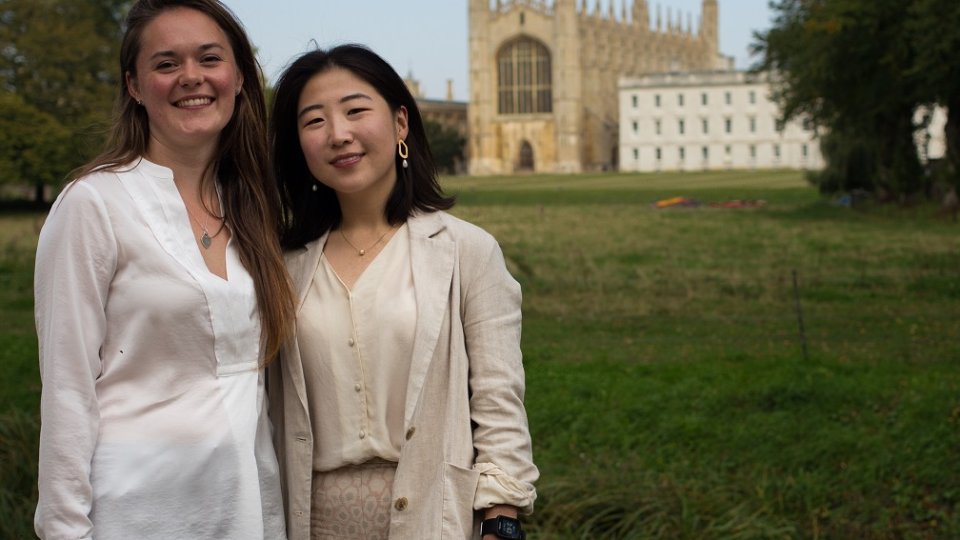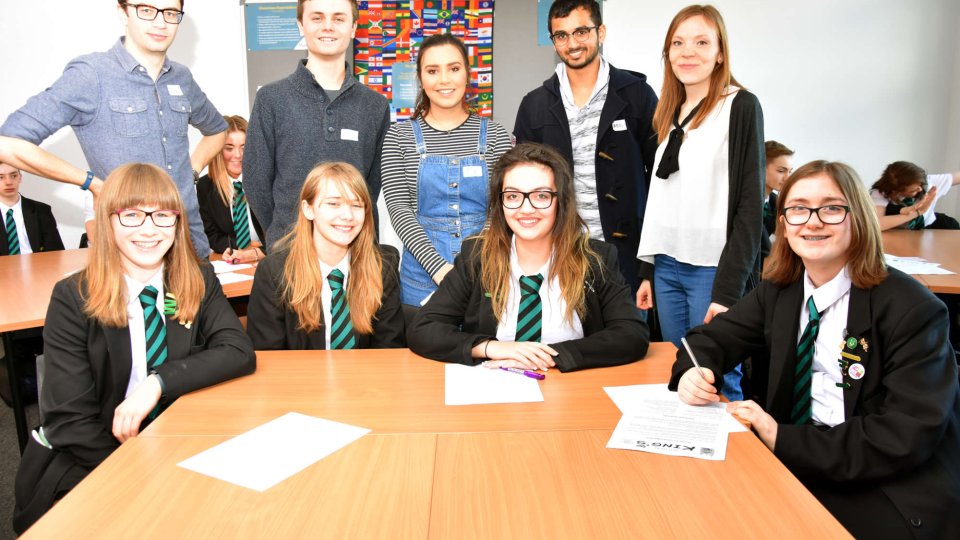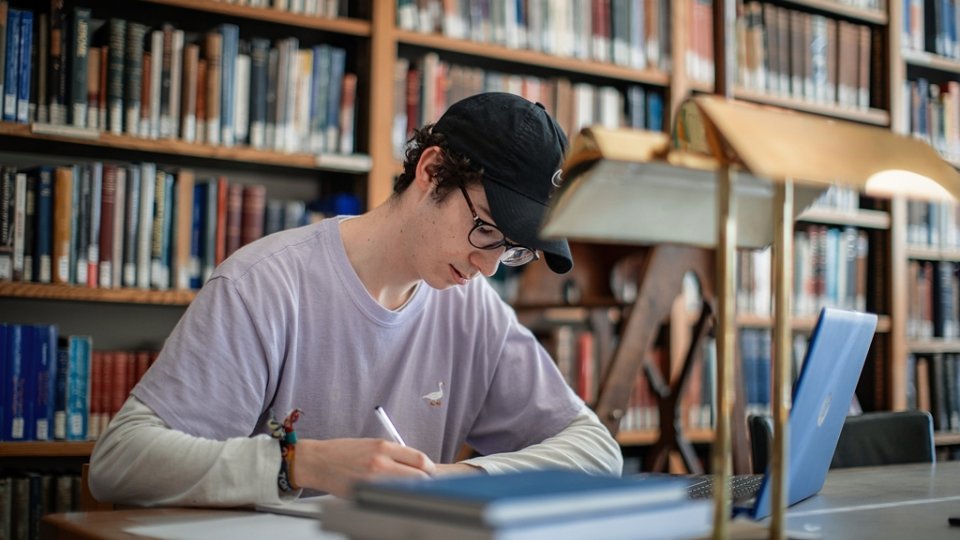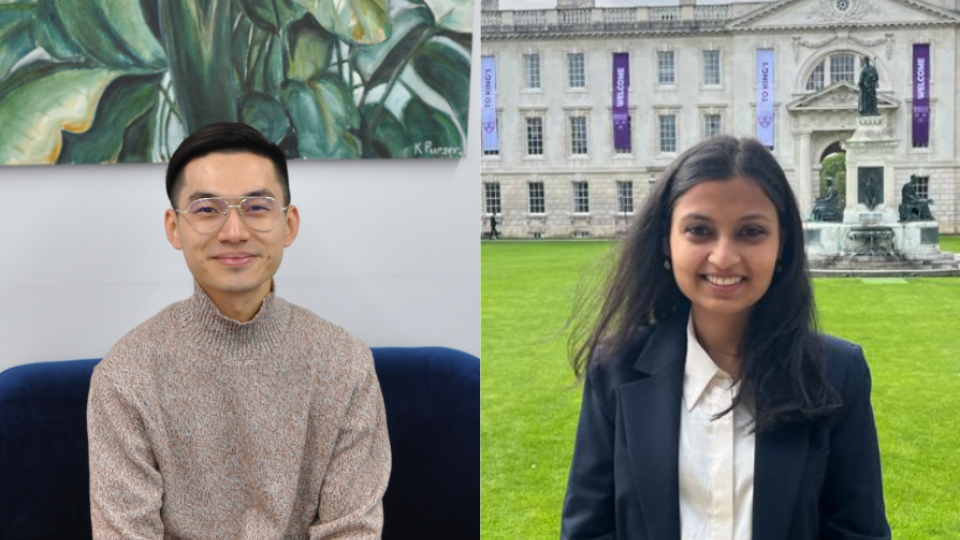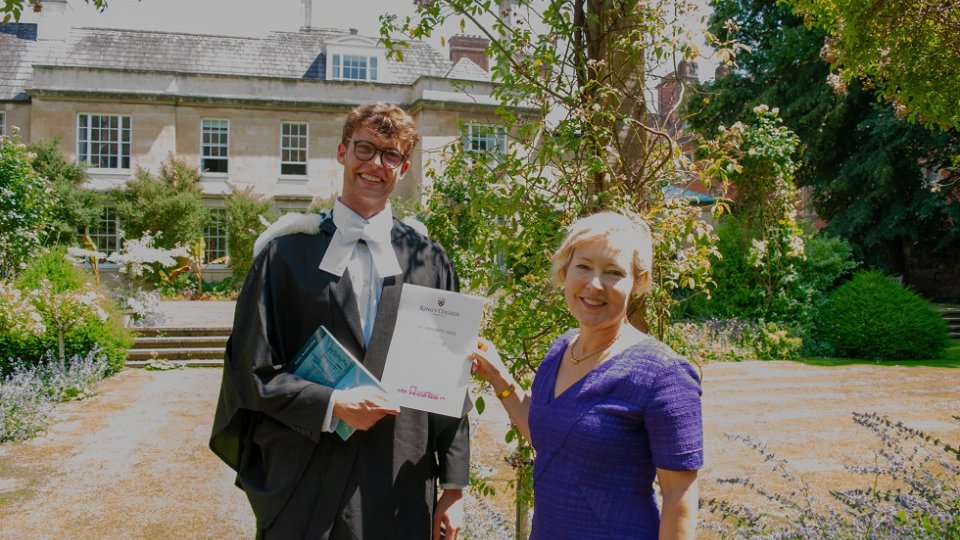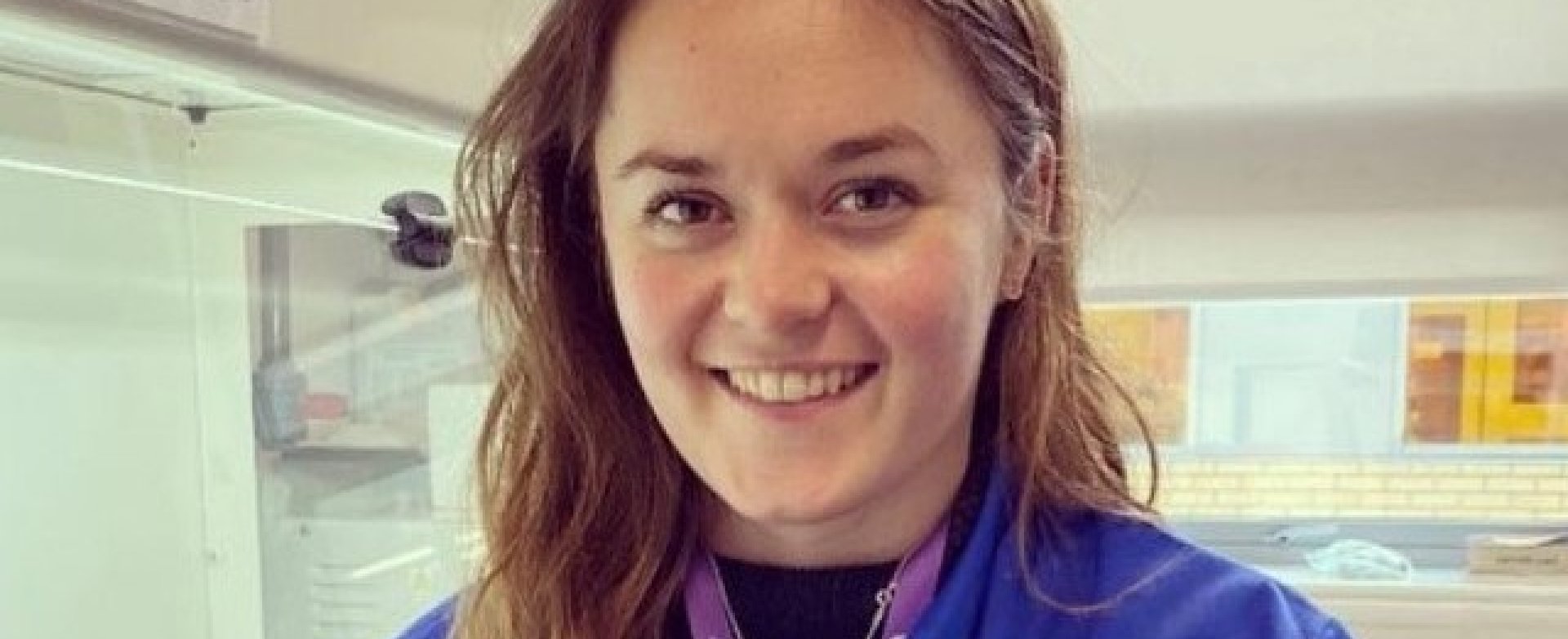
King’s PhD candidate Amy Rochford and a group of researchers at the Department of Engineering at Cambridge have developed a new type of neural implant that could restore limb function to amputees and those who have lost the use of their arms or legs.
Published recently in Science Advances, their study reveals how biohybrid neural interfaces – a combination of living cells with state of the art flexible electronics – can improve the connection between the brain and paralysed limbs.
By sandwiching a layer of muscle cells reprogrammed from stem cells between the electrodes and the living tissue, the researchers found that their device integrated with the host’s body and the formation of scar tissue was prevented – allowing a disrupted connection between the device and the nerve over time.
Amy was one of the inaugural participants of the Entrepreneurship Lab back in 2021, and comments on the opportunities this afforded:
For me innovation is a tool to make a positive impact on people's lives. It isn't just about taking risks and pushing understanding further, but about problem solving and collaboration.
My time at King’s and being part of the first cohort in the Entrepreneurship Lab have been instrumental in helping me develop my innovation mindset - they provided me with the resources, support, and guidance necessary to pursue my ideas and make significant strides. I was able to collaborate with like-minded individuals, learn from experienced mentors, and gain valuable hands-on experience in developing and launching a new product.
I am grateful for the opportunities I have had and look forward to continuing to create innovative solutions that make a positive difference in people's lives.

